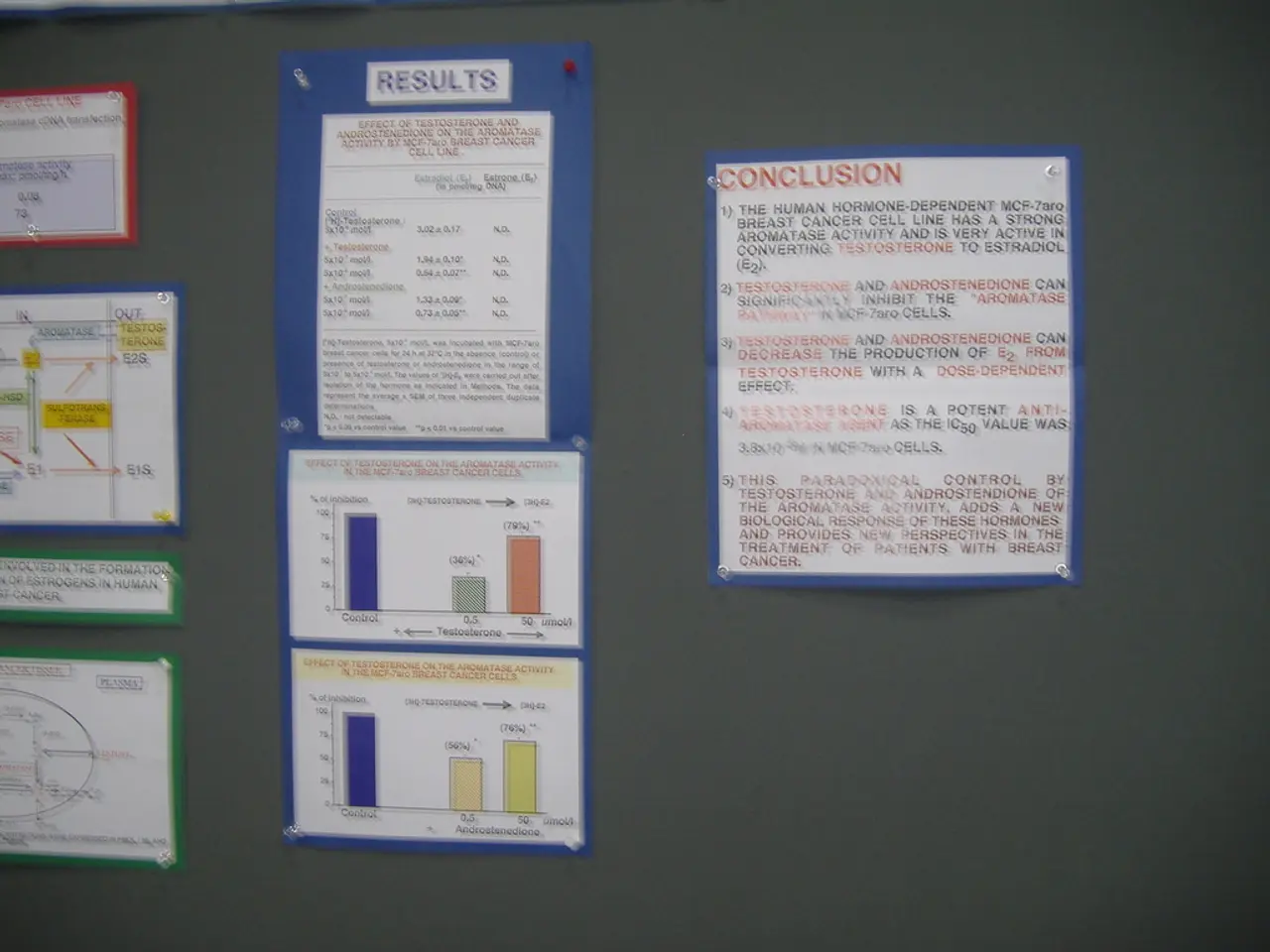Israeli Government Endorses Prime Minister Netanyahu's Strategy for Taking Over Gaza City
In a move that has sparked international concern, Israel's Security Cabinet, led by Prime Minister Benjamin Netanyahu, has approved a plan to fully occupy Gaza City as the first phase of an extended military offensive. The aim is to gain control of the entire Gaza Strip, disarm Hamas, and establish Israeli security control over the territory.
The security cabinet's decision, following a long consultation, includes forced evacuation orders affecting approximately 1 million Palestinian residents of Gaza City and its surroundings. The operation is expected to last several months.
Netanyahu emphasized that Israel does not intend to permanently hold Gaza but wants a "security perimeter" and to hand over governance to an alternative civilian authority distinct from Hamas and the Palestinian Authority. The plan's principles include disarming Hamas, returning all hostages, demilitarizing Gaza, maintaining Israeli security control post-conflict, and establishing that alternative civilian governance.
The Israel Defense Forces (IDF) already occupy about 75% of Gaza; the new plan expands this to full control of Gaza City and central Gaza. The IDF plans to provide humanitarian aid outside combat zones during this operation. The first phase of evacuation and aid is to be completed by October 7, 2025, marking the two-year anniversary of the Hamas attack.
The response from Palestinians is one of displacement and humanitarian crisis, with fears of expanded conflict and increased suffering. The international community has expressed strong warnings. The United Nations emergency Security Council session highlighted that this escalation risks “igniting another horrific chapter” with large-scale displacement (around 800,000 people affected in Gaza City alone) and exacerbation of humanitarian catastrophes. UN officials stressed the danger of prolonged conflict and instability with no clear "day after" plan for Gaza beyond Israeli security control.
Since Wednesday, a total of 44 Palestinians and 18 aid seekers have been killed in Gaza. The relentless escalations in the Gaza conflict have so far killed at least 61,158 people and wounded 151,442. In the early hours of Thursday, Israel's assault in Gaza resulted in the death of 23 people. The number of people who have died from starvation and malnutrition in Gaza has risen to 193.
The latest escalation in the 22-month offensive on Gaza has been reported by CNN. According to Prime Minister Netanyahu, the war will end speedily if Hamas lays down their arms and frees hostages. However, the plan has triggered significant controversy, as it risks long-term entrenchment in Gaza, raising fears of a protracted "forever war," while also facing opposition within Israel's own security establishment due to risks to hostages and operational challenges. The UN and other international actors have called for restraint and attention to humanitarian consequences.
- The international community, including the United Nations, is expressing concern about the impact of Israel's Gaza offensive on food supplies, as increased conflict and instability could lead to a humanitarian crisis, potentially affecting over 800,000 people in Gaza City alone.
- While politics and diplomacy continue to dominate discussions about the Gaza situation, the unfolding events, particularly the military offensive, have significant implications for crime and justice, as ongoing unrest and violence have resulted in the deaths of thousands and left thousands more wounded.








